I had the very real pleasure of introducing Prof Lucy Raymond at Biotexcel’s Genomic Medicine 2017 in Cambridge last week. She was speaking in a session that included Dr David Bentley (Illumina Inc – Genomes for Medicine), Prof Stephan Beck (UCL Cancer Institute – Towards Personal Epigenomics), and Prof Sadaf Farooqi (University of Cambridge – Obesity: genetics and beyond).
I’m going to focus my post on a book Prof Raymond recently published: Avery, which she did not really talk about at all. I’ll finish up this post with a brief review of some of the meetings talks.
You can now buy Avery online! This beautiful book costs £8 within the UK, £10 outside UK (prices include postage). https://t.co/TdoKRkF6hy pic.twitter.com/mLDuFvRCYq
— IMAGINE ID (@imagineidnews) August 1, 2017
Avery: a story by Lucy Raymond with artwork by Marta Altes
The short picture book tells the story of a little bird born a bit different from their friends and family.
Avery is a little bird and all we see is that he/she can’t fly as well as siblings and friends. It is intentionally lacking in information about any one particular disease so that anyone can relate to the story, no matter who they are, or what their condition, or their relations condition is.
The story is very simple. Avery can’t keep up with the other birds around him (because of some rare disease), but Mum, Dad and the people surrounding him are supportive – even if they don’t always seem to understand. There’s one page where Avery’s parents appear to be getting good news but Avery looks terrified because he does not understand what’s happening, and another where the roles are reversed and the parents are worried but Avery seem happy about what’s going on.
I know how that feels from taking my own daughter to hospital on three separate occasions for a blocked tear duct when she was 3. After three procedures under general anaesthetic I was exhausted but she wasn’t phased by the eye patch or the hospital ward, she just wanted some toast after nil-by-mouth from 5am! I showed Avery to both my kids, now 11 and 13 3/4 and they loved it. My son said it reminded him how he felt when his Guinea pig died and how we explained death for the first time. I knew we bought those Guinea pigs for a reason!
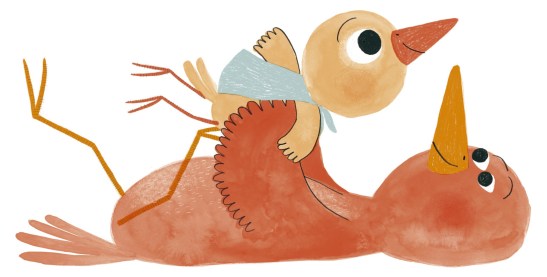
I spoke to Prof Raymond over coffee and asked about how the book came about. Avery was written and inspired by the people taking part in the IMAGINE ID research project: Intellectual Disability and Mental Health: Assessing the Genomic Impact on Neurodevelopment. The project aims to answer parents when they ask “What does this mean for my child?” If you are interested then learn more and take part here: http://imagine-id.org/taking-part. The book was written in response to reviews on the ethics and consent documentation designed for families and children taking part in the study – how do you get informed consent from a 4 year old? You don’t. But how do parents explain why they are taking their child to hospital and what happened while they were there and what the future might hold?
The artist was Marta Altes, whom Lucy was introduced to through Anglia Ruskin University (the other University in Cambridge), where she obtained her MA in Children’s Book Illustration.
Find out more by following @imagineidnews.
Genomic Medicine 2017
Genomic Medicine was organised by Prof Steve Abbs and Prof Eamonn Maher from the Department of Medical Genetics. It was a small but excellent meeting with some outstanding talks; my particular favourites were:
Prof Sharon Peacock, (Department of Medicine) Using genomics to investigate the source of drug-resistant pathogens that cause nosocomial infection. Her presentation highlighted the use of genome sequencing to track outbreaks in hospitals and highlighted that the antibiotic resistance in the bacteria being studied (I can’t remember which one) were not coming from farm animals and the profligate use of antibiotics by farmers; but were coming from us. The antibiotic she referred to had been banned by the EU due to its probable cause of antibiotic resistance in the medical setting, but genome sequencing showed how genetically distinct the strains were. The general idea that unrestricted use of antibiotics in farming can lead to medically relevant antibiotic resistance got a bit a of a shake-up – life is never simple.
Prof Carlos Caldas, (CRUK Cambridge Institute) Personalised Breast Cancer Programme – providing genomic profiling in the clinic in Cambridge. His presentation on the PBCP really shows how genomics is going to change cancer medicine. The project aims to recruit 2500 breast cancer patients for genome and transcriptome sequencing over the next few years. It is one of the project really pushing the boundary of genomic medicine, and along with the 100,000 genomes project is likely to lead to real change in the NHS.
Dr Manju Kurian, (GOSH/UCL) Personalised medicine approaches for childhood neurological disorders. Her wonderful presentation showed just how much of an impact genomics can have even on neurological diseases thought to be intractable. Her research is uncovering new targets for therapy with some stunning results in mice soon to be moving into clinical trials. This was one of the most exciting talks of the two days.
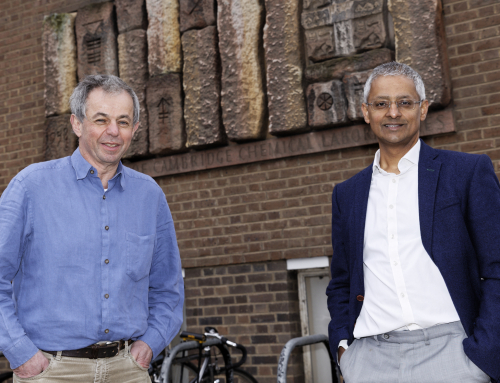
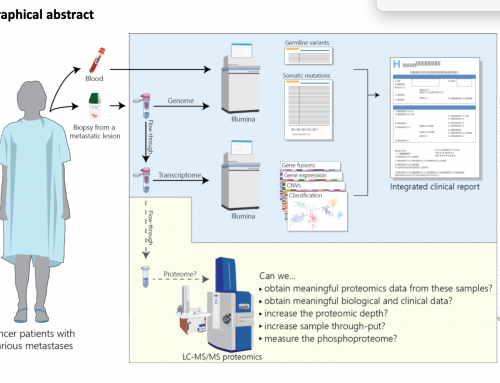
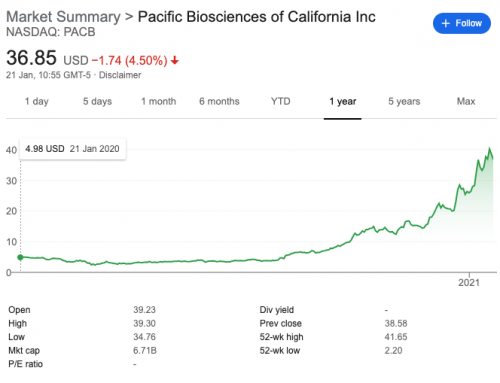
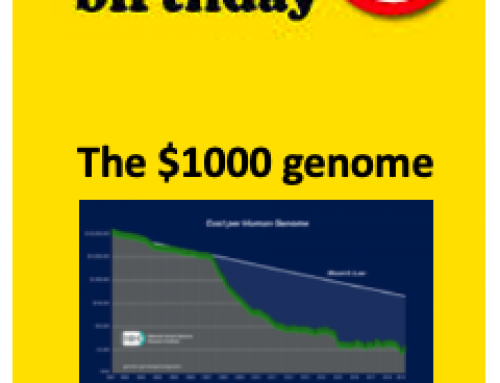
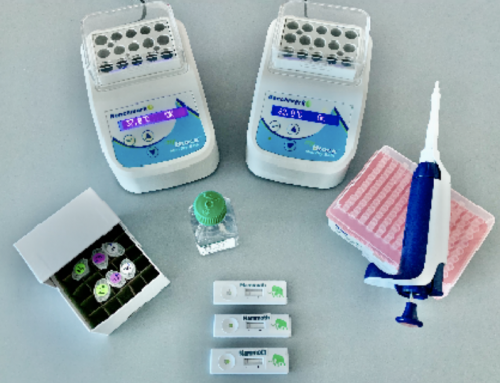



Leave A Comment